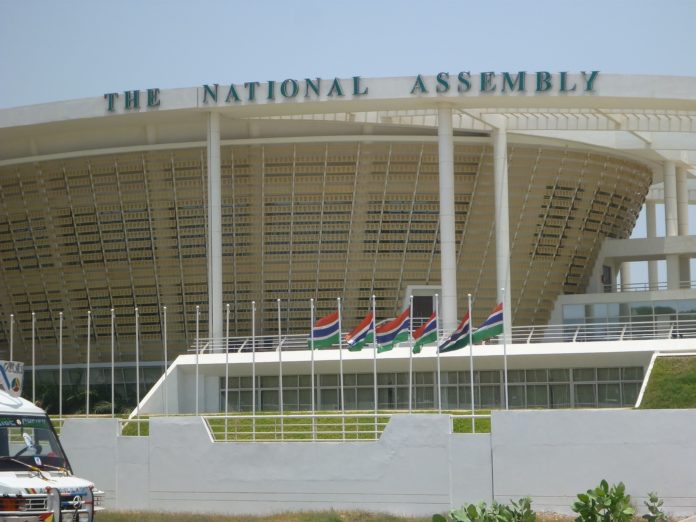The 1997 Constitution has explained how it should be amended. It reads:
“(1) Subject to the provisions of this section, an Act of the National Assembly may alter this Constitution.”
How is the National Assembly to amend the clauses of the constitution that are not entrenched? Section 226 states the way as follows:
‘’A Bill for an Act of the National Assembly under this section shall not be passed by the National Assembly or presented to the President for assent unless-
(a) before the first reading of the Bill in the National Assembly, the Bill is published in at least two issues of the Gazette, the latest publication being not less than three months after the first, and the Bill is introduced into the National Assembly not earlier than ten days after the latest publication; and
(b) the Bill is supported on the second and third readings by the votes of not less than three-quarters of all the members of the National Assembly.”
Once this is done, the Bill will be presented to the President for his assent. It becomes law when it is published in the Gazette like the amendment of the 65-year age limit.
What happens if the President fails to assent to a Bill passed by the National Assembly to amend the Constitution? The answer is simple .
“(3) If the President fails to assent within thirty days to a Bill passed by the National Assembly in accordance with subsection (2), the Bill shall be returned to the Speaker who shall refer it to the Independent Electoral Commission. The Independent Electoral Commission shall cause a referendum to be held on the Bill in accordance with subsection (4) and, if the Bill is supported on such a referendum by the majority of voters provided for in that subsection, it shall again be presented to the President for his or her assent.”
On the other hand a Bill to amend an entrenched clause “shall not be passed by the National Assembly or presented to the President for assent unless-
“ before the first reading of the Bill in the National Assembly, the Bill is published in at least two issues of the Gazette, the latest publication being not less than three months after the first, and the Bill is introduced into the National Assembly not earlier than ten days after the latest publication; and
Secondly ‘’ the Bill is supported on the second and third readings by the votes of not less than three quarters of all the members of the National Assembly;
Thirdly , “ the Bill has been referred by the Speaker to the Independent Electoral Commission and the Commission has, within six months of such reference, held a referendum on the Bill; and
Fourthly , “ at least fifty per cent of the persons entitled to vote in the referendum have taken part in the referendum and the Bill is supported in the referendum by a least seventy-five per cent of those who voted.
Finally, “where a Bill which has been supported in a referendum by the 75 percent majority is presented to the President for assent, the President shall assent to the Bill within seven days.”
Only the National Assembly members and the people could amend Constitutions.



















